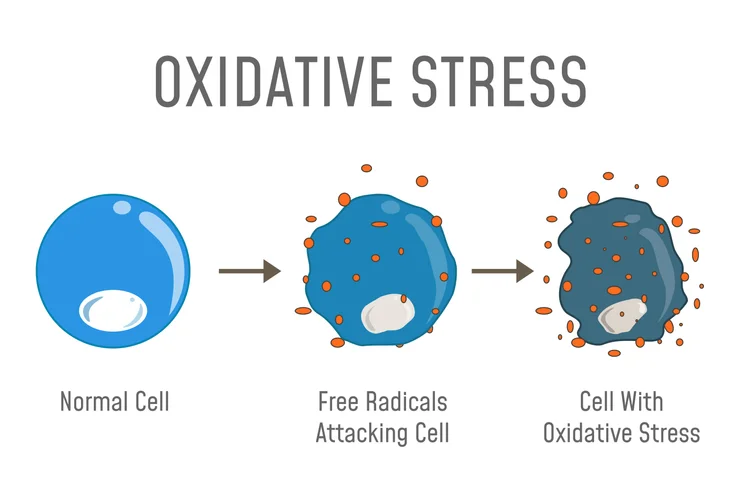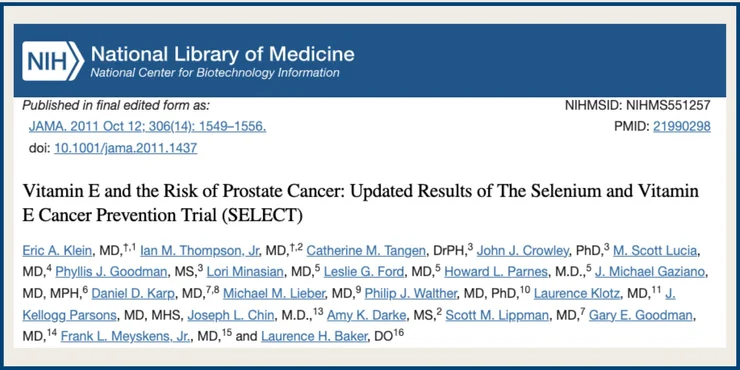Your body faces thousands of threats every single day, from everything from air pollution to a viral infection. Another constant threat comes from chemicals called free radicals. At very high levels, they are capable of damaging your cells.
Luckily, you aren’t defenseless against free radicals. Your body makes molecules that fight these free radicals, called antioxidants. But sometimes, your body needs a little help. This is where antioxidants come into play, but there are some things you need to consider.
Here’s everything you need to know about free radicals, oxidative stress, and antioxidants. Plus, when you should and shouldn’t take antioxidant supplements.





